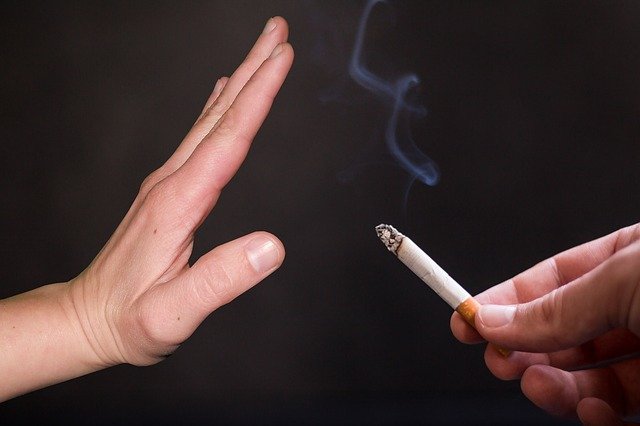
Drug addiction is a pathological dependence on one or more drugs.
Drug addiction is a pathological practice that consists of becoming intoxicated with drugs to eliminate pain or generate pleasurable sensations. It is a habit with harmful consequences for health .
Pathological dependence
The term is usually linked to drug addiction (that is, addiction to one or more drugs) and drug dependence (the consumption of drugs that the person, due to their addiction, cannot control or avoid). With drug addiction, the subject cannot easily do without the use of narcotics since he or she registers a psychological and, sometimes, also a physiological dependence .
The use of substances to alter consciousness and develop novel sensory experiences is very old. While long ago drug addiction was not considered a disorder or a problem for society , in the contemporary era this habit is considered a social problem with multiple consequences.
Although it is common for the idea of drugs to be associated with illegal substances such as cocaine or heroin , drug addiction can also develop with legally sold products such as alcohol . Therefore, to minimize cases of drug addiction, it is not enough to use judicial or police mechanisms, but we must also work on awareness and education.
Drug addiction prevention
We know that the key to creating a better world is to educate the little ones from day one in good customs and values . If we raise children in compassion, responsibility, empathy, for example, we will surely minimize the possibility of violence in the future, much more than if we simply dedicate ourselves to fighting against the adults who practice it every day. Drug addiction is in principle a form of self-violence, but we must not fail to mention that many individuals also harm others when they are under the influence of some substances, or with the aim of getting money to buy more.
How to teach a child or adolescent that drug addiction can ruin their life? There is no point in imposing a ban without further explanation, since these types of measures usually lead to non-compliance with the rules, sooner or later. A good argument could be that life is better without addiction , presenting listeners with diverse stories from each world, both of the destruction that drugs often bring and of the control over one's own actions that good habits allow us.
But prevention should not be limited to education about drugs and their harmful effects, but should be complemented with parenting based on a series of tools so that children become strong, determined , responsible beings, consistent with their actions and sure of themselves. It is essential to teach them to say no , to reject drugs beyond explaining the consequences of their consumption.

We must teach children to “say no.”
Quality of life
It is important to mention that, for the World Health Organization ( WHO ), a drug is a substance that, once introduced into the body, affects the functioning of the central nervous system , causing psychological and/or physical changes that can alter the behavior of the individual and cause dependency. Those who are immersed in drug addiction, therefore, are not in a position to give up the drug on their own to recover their normal life.
An addiction can considerably deteriorate the quality of life, starting by putting the student or work situation at risk, and then destroying interpersonal relationships , whether it is a partner, children, friends or even ties with parents. In other words, drug addiction can strip us of everything, the most and the least important, so no measure is exaggerated to combat and prevent it.
